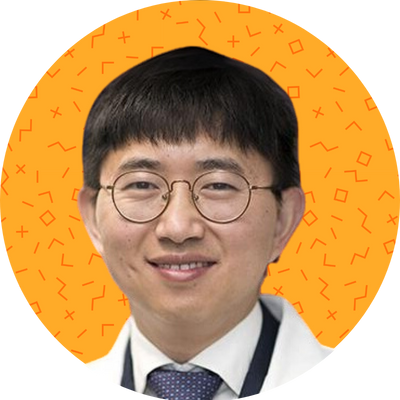GENEWIZ Week Workshops
We invite you to take a dive into AI-powered antibody development, explore multimodal single-cell and epigenomic insights into Alzheimer’s disease and/or revisit the game-changing scientific breakthroughs of the 1990s and how they’ve shaped the research landscape today.
Whether you’re here for the data, the deep learning, or just to relive the golden age of gene therapy and grunge, you’ll leave with fresh perspectives and tools to level up your science. So grab your slap bracelets, load up your floppy disks, and get ready to say “Talk to the data!” because this year’s GENEWIZ Week is all that and a bag of pipette tips.
Now That’s What I Call Genomics:
Biotech Advancements from the ‘90s and How They Impact Us Today
Rewind the VHS and revisit key highlights in science from the 90’s, including the Human Genome Project, cloning of Dolly the Sheep, the first successful gene therapy and how these impact our current research today.
Saved by the Single Cell:
A Scalable Human Brain Cell Atlas Foundation Model in Alzheimer’s Disease
Explore fresh findings using multimodal single-cell/nucleus genomics/epigenomics analytic approaches, along with interpretable deep learning and in silico network medicine, to uncover molecular networks between disease-associated microglia and astrocytes with implications for Alzheimer’s disease drug repurposing.




